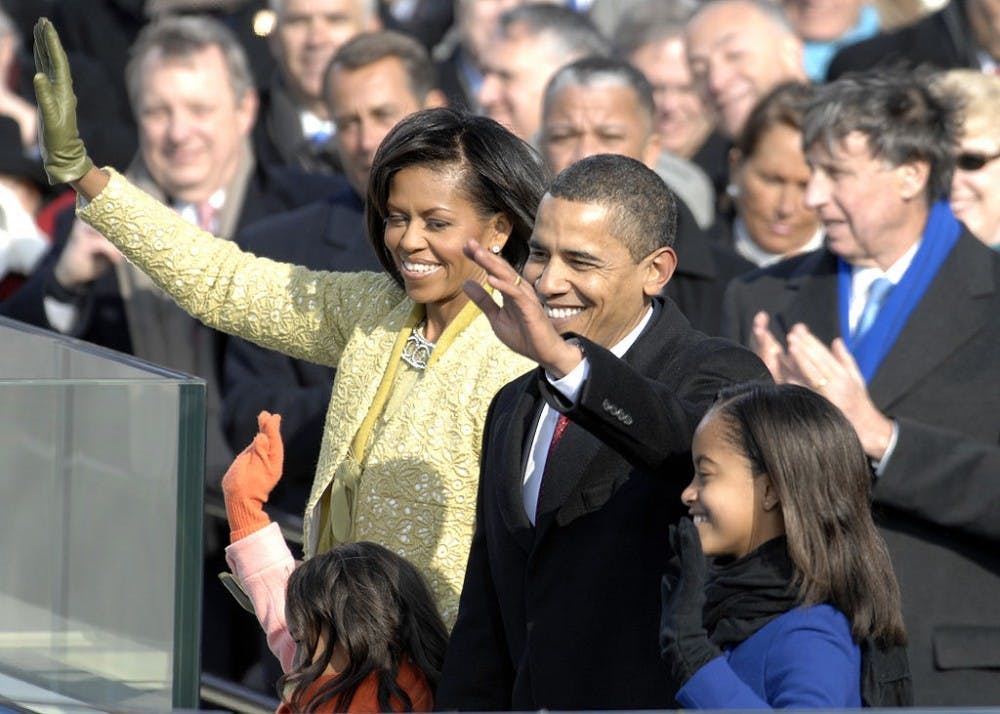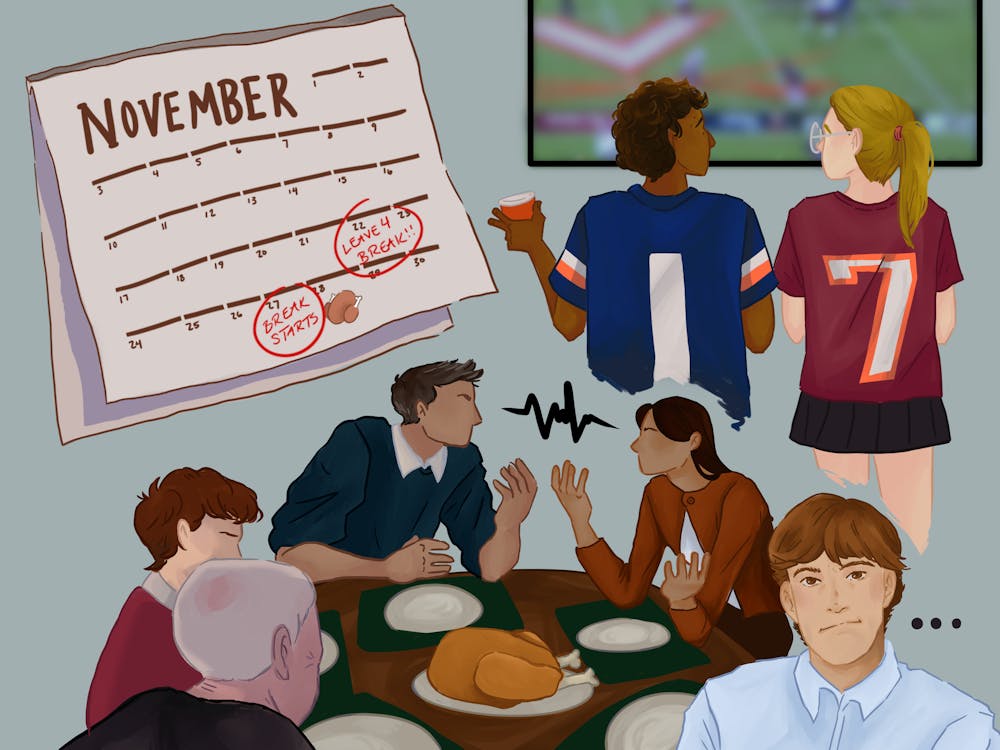The University’s Miller Center of Public Affairs announced last week that it has begun conducting interviews with officials of the Barack Obama administration as part of its comprehensive oral history project of past U.S. presidencies. The project will focus on a variety of topics, including Obama’s transition to office, his response to the 2008 financial crisis and his role as the first African-American president in U.S. history.
The Miller Center has invited members from every White House administration since Jimmy Carter to spend several days with scholars at the University to reflect on their experiences in office and create a permanent historical record of each presidency. Since 1981, the program has produced online archives that are relied upon by journalists, scholars and students.
William Antholis, director and CEO of the Miller Center, said he expects the Center to have conversations with 50 to 100 members of the Obama administration, including senior White House officials, cabinet members, agency staff and key campaign advisers.
Additional interviews will be conducted with officials who participated in domestic and foreign policy discussions, such as the passage of the Affordable Care Act, efforts to address climate change and national security issues in Europe, the Middle East and Asia. Previous interviews have included presidents, vice presidents and cabinet secretaries.
“The presidency is regularly referred to as the hardest job in the world,” Antholis said. “For President Obama, there were several historic things about his presidency. He inherited that job in the middle of a financial crisis — the biggest one since the Great Depression — so that in itself makes this a presidency worth studying.”
By interviewing officials close to Obama, Antholis said he hopes the project will create a lasting record of the administration by the people who helped steer the presidency.
“History is not one person's perspective but many people's perspective, a multiplayer account of how the major events and decisions of the administration unfolded,” Antholis said. “What we're trying to accomplish is a similar accounting from dozens of perspectives.”
Over the next five to six years, teams of scholars will conduct the interviews under “strict privacy” to ensure candid discussion, drawing on their expertise of policy issues and the White House. The final interview transcripts will then be released to the public in around 10 years.
The Miller Center plans to release its oral history of the George W. Bush administration, which it began in 2009, later this year. Currently, online oral histories exist for Jimmy Carter, Ronald Reagan, George H. W. Bush, Bill Clinton and former Massachusetts Senator Edward “Ted” Kennedy, who graduated from the University’s School of Law in 1959.
By interviewing White House officials through the oral history project, scholars often find new and important information that help them understand how presidents and their teams have made decisions that affect the country and the world, such as then-defense secretary Dick Cheney’s analysis of a failed coup in Panama in 1989 during George H. W. Bush’s first year as president.
“He tells the story of Bush 41’s first year in office, which was an extraordinary one from a foreign policy perspective,” Antholis said of Cheney’s sit-down interview with the Miller Center. “Cheney talks about how the foreign policy cabinet responded badly to a failed coup. He describes failure, but from the seeds of that failure, how that team adjusted and corrected its process mistakes.”
Antholis said the admission of failure made for a terrific oral history interview because Cheney was seen as a self-confident and decisive individual. “You hear in very clear and frank terms how he wrestled with failure, and it's quite analytical and disarming at the same time.”
Barbara Perry, director of presidential studies at the Miller Center and co-chair of the Presidential Oral History Program, said the Obama oral history project will be conducted similarly to previous projects, but will include more group interviews of officials in which people from different points of the administration will sit together and share their perspectives on certain topics. For the first time, the interviews will also be captured on video.
“From all Miller Center presidential oral histories, scholars, students, journalists, biographers, practitioners, and the general public gain unique and valuable insights into how the institution of the presidency operates in times of crisis and in routine processes,” Perry wrote in an email to The Cavalier Daily. “The Obama Project will reveal how the American political system produced the historic Obama presidency and will provide understanding of its successes and failures in domestic and foreign policy.”
As Obama administration officials come to the University to conduct oral history interviews, the Miller Center hopes it can also arrange special talks and guest lectures for students to attend.
On Thursday, the Obama Foundation selected the Columbia University Center for Oral History Research to produce the “official” oral history of Barack Obama’s presidency.





